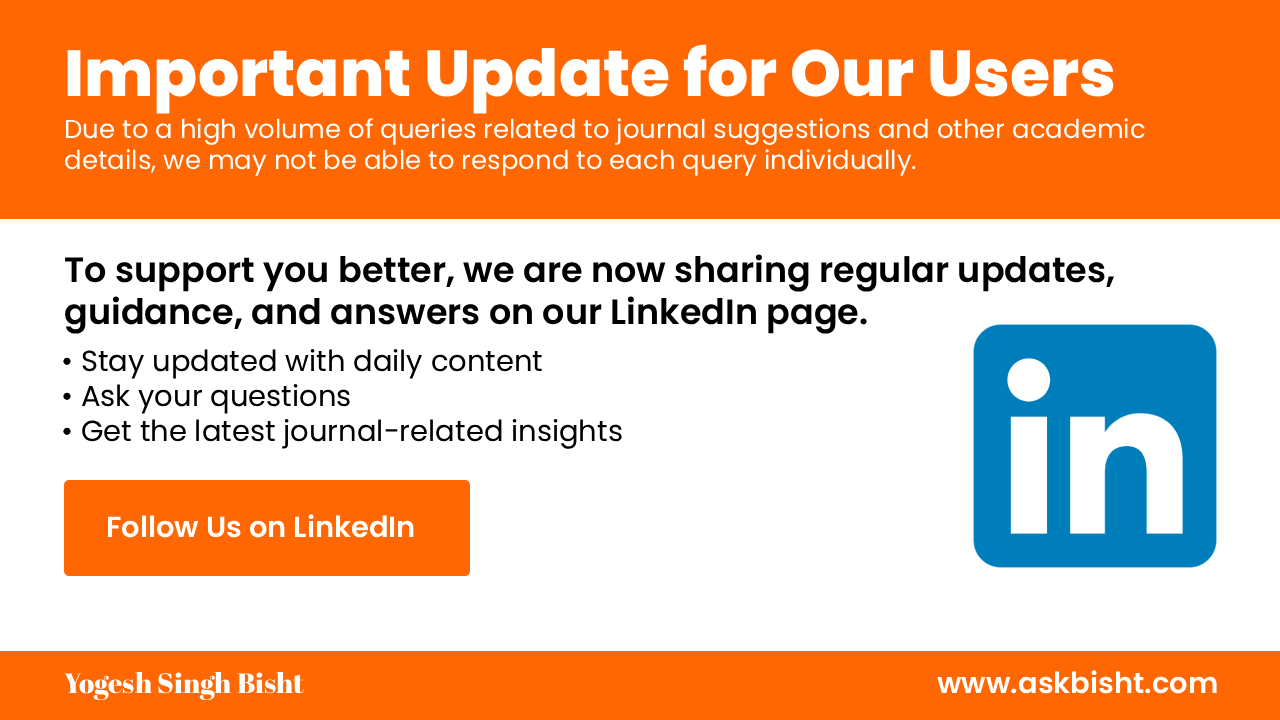Aramaic Studies
Published by Brill (Journal Finder)
ISSN : 1477-8351 eISSN : 1745-5227
Abbreviation : Aramaic Stud.
Aims & Scope
The journal brings all aspects of the various forms of Aramaic and their literatures together to help shape the field of Aramaic Studies.
The journal, which has been the main platform for Targum and Peshitta Studies for some time, is now also the main outlet for the study of all Aramaic dialects, including the language and literatures of Old Aramaic, Achaemenid Aramaic, Palmyrene, Nabataean, Qumran Aramaic, Mandaic, Syriac, Rabbinic Aramaic, and Neo-Aramaic.
Aramaic Studies seeks contributions of a linguistic, literary, exegetical or theological nature for any of the dialects and periods involved, from detailed grammatical work to narrative analysis, from short notes to fundamental research.
Reviews, seminars, conference proceedings, and bibliographical surveys are also featured.
View Aims & ScopeMetrics & Ranking
Impact Factor
| Year | Value |
|---|---|
| 2025 | 0.2 |
| 2024 | 0.40 |
SJR (SCImago Journal Rank)
| Year | Value |
|---|---|
| 2024 | 0.160 |
Quartile
| Year | Value |
|---|---|
| 2024 | Q2 |
Journal Rank
| Year | Value |
|---|---|
| 2024 | 23736 |
Journal Citation Indicator
| Year | Value |
|---|---|
| 2024 | 9 |
Impact Factor Trend
Abstracting & Indexing
Journal is indexed in leading academic databases, ensuring global visibility and accessibility of our peer-reviewed research.
Subjects & Keywords
Journal’s research areas, covering key disciplines and specialized sub-topics in Arts and Humanities and Social Sciences, designed to support cutting-edge academic discovery.
Most Cited Articles
The Most Cited Articles section features the journal's most impactful research, based on citation counts. These articles have been referenced frequently by other researchers, indicating their significant contribution to their respective fields.
-
Propaedeutic to a Lexicon of the Three: The Priority of a New Critical Edition of Hexaplaric Fragments
Citation: 3
Authors: Peter
